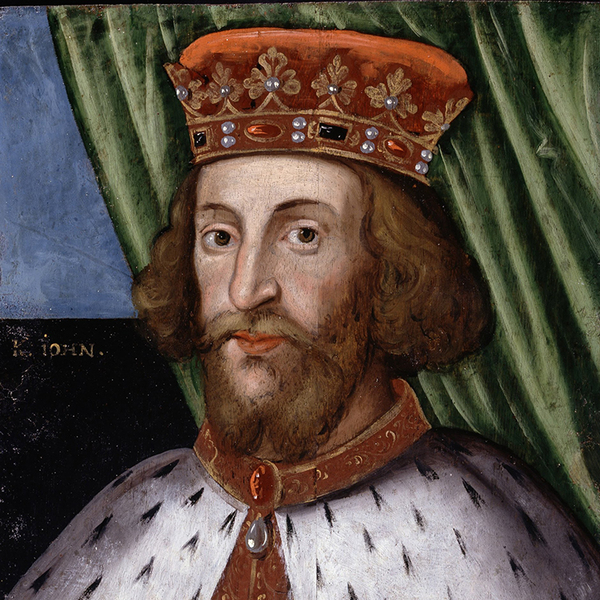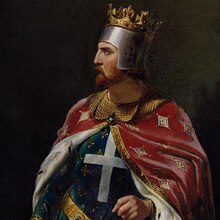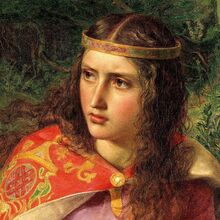
Personal
Other names:
Job / Known for:
King of England
Left traces:
Establishment of the Magna Carta
Born
Date:
1167-12-24
Location:
GB
Beaumont Palace, Oxford
Died
Date:
1216-10-19 (aged 49)
Resting place:
GB
Death Cause:
Dysentery
Family
Spouse:
Isabella of Angoulême
Children:
Henry III of England, Richard, Joan, Isabella, Eleanor, John, William, Katherine
Parent(s):
Henry II of England, Eleanor of Aquitaine
QR Code:
 My QR code:
John sans terre,king of England
https://DearGone.com/10400
My QR code:
John sans terre,king of England
https://DearGone.com/10400
Key Ownner:
Not yet supported by key owner
Show More
Rank
Users ranking to :
Thanks, you rate star
Ranking
5.0
1
Fullname
John sans terre,king of England
Slogan
I am the punishment of God. If you had not committed great sins
About me / Bio:
Show More
Article for John sans terre,king of England
Died profile like John sans terre,king of England
Comments:




